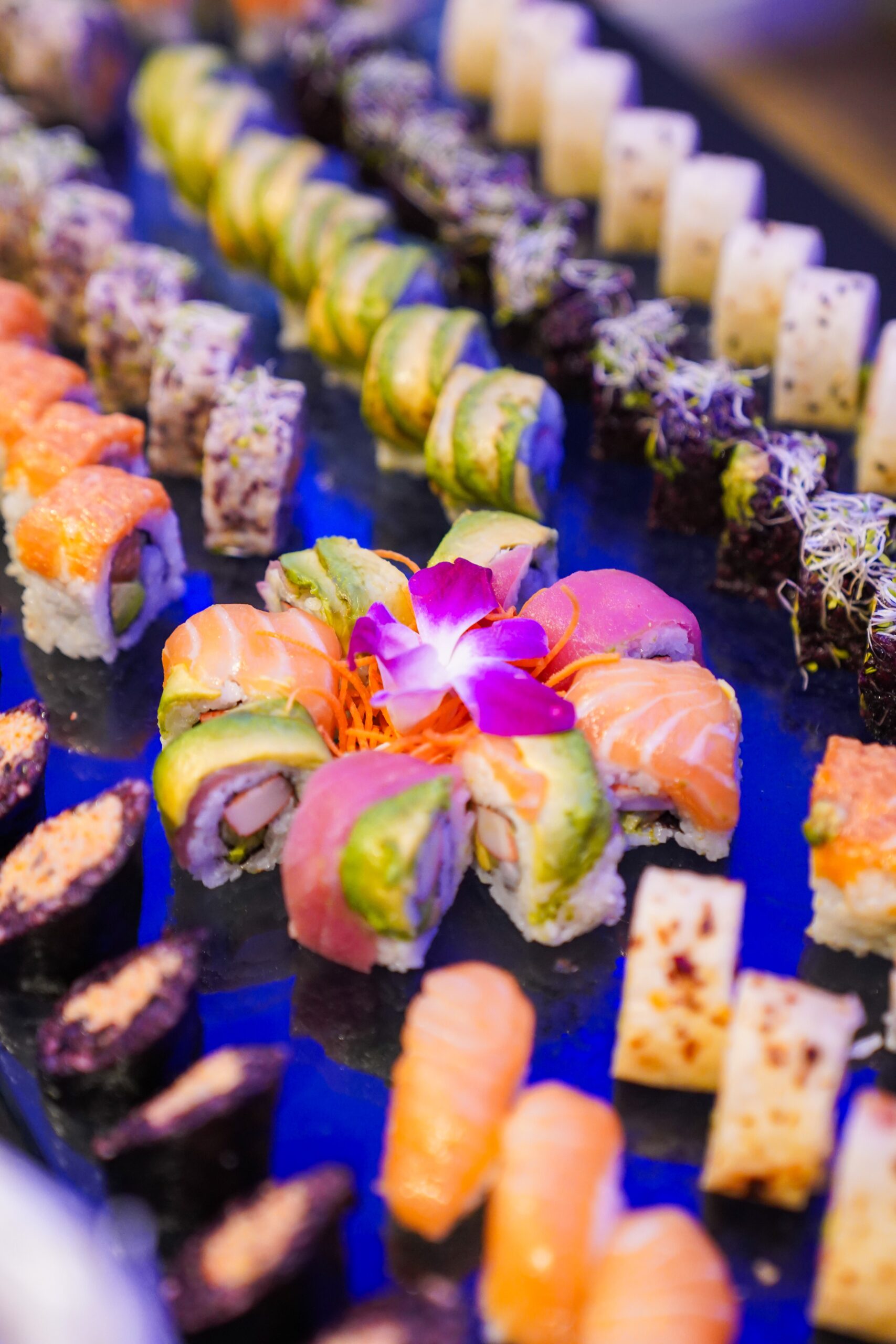Introduction
In our fast-paced world, food preparation has become an essential aspect of our daily lives. Whether you’re a seasoned chef or a novice cook, understanding the overview and methods of food preparation can significantly enhance your culinary skills. In this comprehensive guide, we will delve into the intricacies of food preparation, discussing the importance, techniques, and tips to make your cooking journey a delightful one.
The Significance of Food Preparation
Food preparation is not just about chopping vegetables or seasoning meat; it’s the foundation of every delicious meal. It ensures that ingredients are well-suited for cooking and can lead to a more efficient and enjoyable culinary experience. Here’s a closer look at why food preparation matters:
1. Enhancing Flavor and Texture
Proper food preparation can bring out the natural flavors and textures of ingredients. Chopping, marinating, and seasoning can elevate your dishes to a whole new level.
2. Saving Time
Preparing ingredients in advance can save you valuable time when you’re ready to cook. No more frantic last-minute chopping when you’re hungry.
3. Better Organization
Being organized in the kitchen is crucial. An efficient food preparation process ensures that everything is within reach and reduces kitchen chaos.
Food Preparation Techniques
Now, let’s explore some essential food preparation techniques that will help you become a more proficient cook.
1. Knife Skills
The foundation of food preparation lies in your ability to handle a knife. Learn how to chop, dice, and mince effectively, ensuring even cooking and visual appeal in your dishes.
2. Mise en Place
The French term “mise en place” means “everything in its place.” This technique involves prepping and organizing all your ingredients before you start cooking. It streamlines the cooking process and reduces the chance of overlooking an ingredient.
3. Marination
Marinating meats and vegetables infuses them with flavor. Understanding the science of marination and the best techniques can turn your ordinary dishes into extraordinary ones.
4. Blanching and Parboiling
Blanching and parboiling are essential techniques for vegetables. They help retain color and texture while removing impurities and reducing cooking time.
Food Preparation Tips
To excel in food preparation, consider these valuable tips:
1. Freshness is Key
Start with fresh ingredients, as the quality of your food depends on it.
2. Keep It Clean
Maintain a clean kitchen and practice good hygiene while handling food.
3. Sharpen Your Knife
A sharp knife is a safe knife. Regularly sharpen your knives for precise cuts.
4. Taste as You Go
Taste your food during the cooking process to adjust seasoning and flavors.
Exploring Culinary Creativity
As you dive deeper into food preparation, you’ll discover that it’s not just about following recipes; it’s a canvas for your culinary creativity. Experiment with different ingredients, herbs, and spices to create unique flavor profiles. Food preparation is your gateway to expressing your personality through your dishes.
1. Food Presentation
Remember, we eat with our eyes first. The way you arrange your dishes on a plate can transform a simple meal into a gourmet experience. Experiment with colors, shapes, and textures to create visually appealing presentations.
2. Fusion Cuisine
Combining elements from different culinary traditions can result in exciting new flavors. Don’t be afraid to blend Asian and Mediterranean cuisines or mix classic recipes with contemporary twists.
3. Texture Play
Variety in textures adds depth to your dishes. Think about incorporating crunchy elements into a creamy soup or pairing a tender protein with a crisp salad.
Dietary Considerations
In today’s diverse culinary landscape, food preparation also extends to accommodating various dietary preferences and restrictions. Here are a few considerations:
1. Vegan and Vegetarian
Learn how to prepare plant-based meals that are rich in flavor and nutrients. Explore innovative ways to use ingredients like tofu, tempeh, and a variety of vegetables.
2. Gluten-Free
Understanding gluten-free food preparation is crucial for those with gluten sensitivities. Learn about alternative flours and grains like almond flour, quinoa, and rice flour.
3. Low-Carb and Keto
For those following a low-carb or keto diet, mastering food preparation techniques for dishes that are low in carbohydrates can be incredibly satisfying. Experiment with cauliflower rice, zucchini noodles, and almond-based products.
4. Allergen-Free
In a world with many food allergies, being able to prepare allergen-free dishes is a valuable skill. Learn about common allergens and how to replace them in your recipes.
The Future of Food Preparation
Food preparation is a dynamic field that continues to evolve with technology and changing culinary trends. As we move forward, consider the impact of smart kitchen appliances, meal delivery services, and global food sustainability.
The Global Influence of Food Preparation
Food preparation is not bound by borders; it’s a universal language. The techniques and methods of preparing food vary from one culture to another, reflecting the rich tapestry of global culinary traditions.
1. Italian Pasta-Making
Italy is known for its love of pasta. The art of creating homemade pasta is a time-honored tradition. Learning how to make pasta from scratch allows you to savor the genuine taste and texture of this Italian staple.
2. Indian Spice Blending
Indian cuisine is famous for its bold and aromatic flavors. Understanding the art of blending spices is the key to mastering Indian food preparation. Each spice blend tells a story, and with practice, you can craft authentic curries and masalas.
3. Japanese Sushi Mastery
Sushi is not just a meal; it’s an art form. Learning how to prepare sushi involves precise cutting, shaping, and presentation. It’s a skill that requires patience and attention to detail.
4. Mexican Salsa Creation
Mexican cuisine is celebrated for its vibrant salsas. From mild to fiery, mastering the art of creating salsas can elevate your taco nights and enchilada dinners.
Conclusion
Food preparation is the cornerstone of culinary excellence. By mastering the techniques and tips mentioned in this guide, you’ll not only become a more proficient cook but also develop a deeper appreciation for the art of cooking.













































